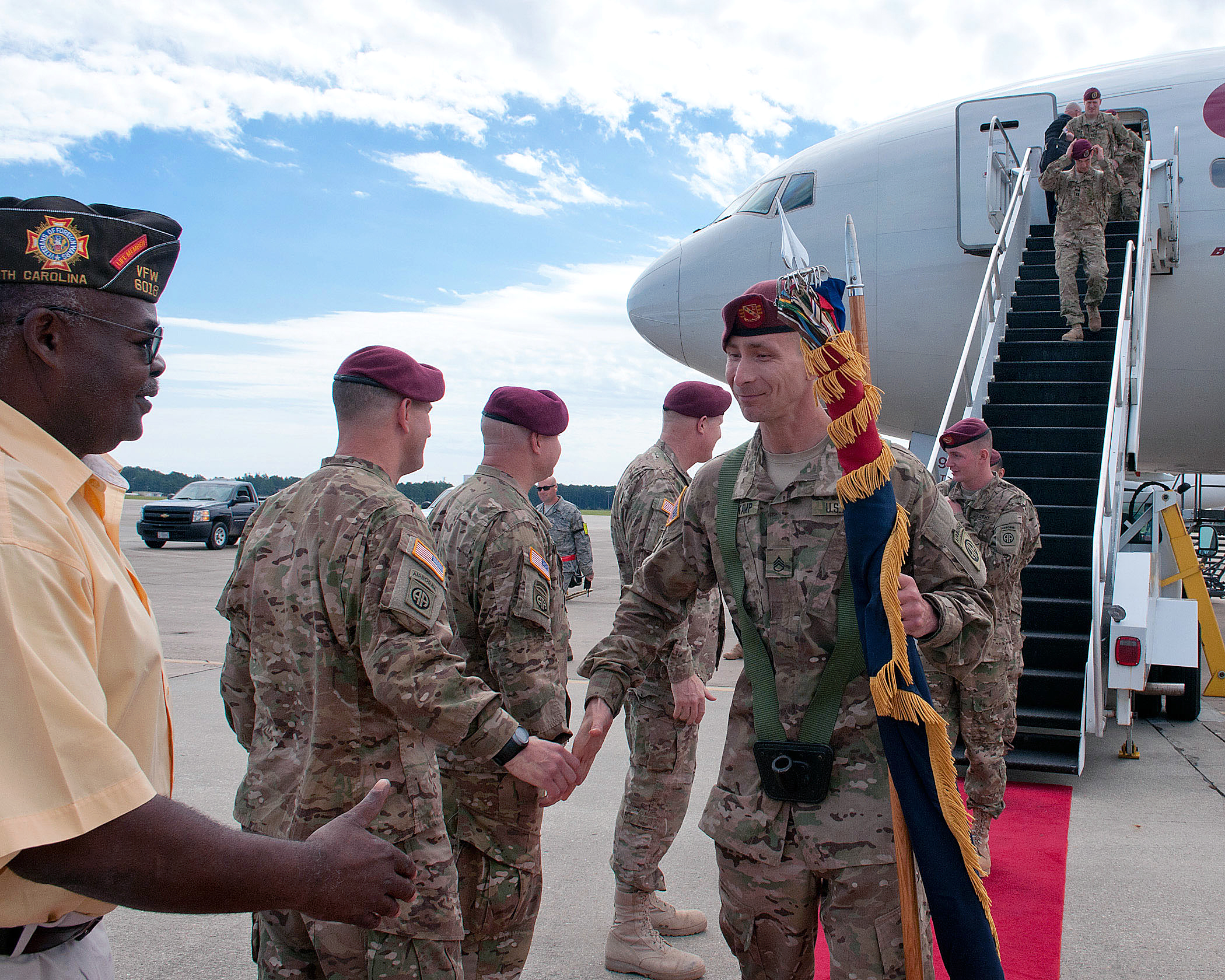
ALPHARETTA, Ga. (BP) — They’re coming home. They’ve witnessed death on the battlefield and led soldiers, sailors and Marines to Christ. They’ve baptized converts in water-filled barrels and led worship during rocket attacks. They’ve risked their own lives and sacrificed time away from their families. They are the among the nation’s unsung heroes — military chaplains.
Defense Secretary Leon Panetta has reported that 33,000 troops involved in the Afghan “surge” have been withdrawn, leaving another 68,000 U.S. troops and their chaplains still scheduled to serve in Afghanistan until December 2014.
The last 100,000 troops in Iraq returned home last December. Since 9/11, a total of 2.4 million American military service members — including National Guard and Reservists — have cycled through the Army, Navy, Marines, Air Force and Coast Guard — some more than once.
“Our troops have been touched and changed forever by the life-and-death issues of war,” said retired Army Chief of Chaplains (Maj. Gen.) Douglas Carver, now executive director for chaplaincy at the North American Mission Board. “They’ve seen things people shouldn’t have to see. They’re coming back home now, many of them bearing the burden of painful stories and bad memories. As veterans of war, our troops have forged lifelong relationships with their fellow service members. They’re forever linked to a unique band of brothers and sisters — bonded together in blood, sweat and tears.”
Their transition back to the “normalcy” of civilian life will be hard.
“They’re coming home to confront re-employment or unemployment, homelessness, loneliness, post-traumatic stress and, in some cases, substance abuse and suicide,” Carver said.
In fact, suicides in the U.S. Army reached a new monthly high in July, when 38 active-duty and reserve soldiers ended their lives, according to news reports. Suicides among active duty troops are averaging 33 deaths per month through Sept. 2, according to Pentagon data. Last year’s total number of suicides in the military was 283.
“All of our veterans returning home from war require some level of re-integration,” Carver said. “This is where the local church can offer a powerful ministry to our veterans and their families.”
Churches should do an inventory of the military veterans listed on their membership rolls — not just currently active or recently returning vets in the pews but older vets who may have served in World War II, Korea, Vietnam and Desert Storm. “If you have just one [veteran], you have an obligation to provide military ministry,” Carver said.
Each of the counties, parishes and boroughs in the United States has seen soldiers, airmen, marines, sailors and coast guardians deployed from their areas over the last 10 years.
In addition to ministry to the general military population, Carver is naturally passionate about military chaplains, who are returning to the U.S. in large numbers. Carver spent 38 years in the U.S. Army, 29 of them as a chaplain. When he retired in the summer of 2011, the two-star general was the Army’s Chief of Chaplains — based at the Pentagon — responsible for about 2,900 chaplains in the active Army, Army Reserves and the National Guard.
“Our chaplains come home with the same issues as other veterans, searching for ways to put their lives back together,” Carver said.
“Since 1941, Southern Baptists have endorsed and commissioned chaplains, affording them the opportunity to penetrate lostness, even in a combat environment. They’ve gone to serve and minister in some dangerous places where the church cannot go. We have military chaplains who have been deployed two or three times in a four-to-five-year period. It takes a toll,” Carver said.
The church must do better in connecting to deployed and returning chaplains, Carver said. Churches can stay connected by adding military members to prayer and newsletter lists, sending videos or audios of each week’s Sunday services and “adopting” deployed service members and their families through established family support groups for the military.
“I’ve heard numerous chaplains say that no one from their local church contacted them their entire time in Afghanistan or Iraq,” Carver said. “We need to work on that. That should never happen.”
When they return home, chaplains and veterans should be given an opportunity to speak at church so they can tell their stories, Carver said. “Include them in worship services, pastoral conferences, meetings, associations and other gatherings,” he suggested.
“What can churches do to help our veterans find employment? What are they doing to help put chaplains back into ministry?” Carver continued. “Chaplains have extensive training and personal experience in critical ministry areas such as pastoral leadership, conflict management, trauma ministry, family counseling and pastoral care to the dying.
“Chaplains also can make great candidates for church planters,” Carver said. “They have the education, experience and exposure of going into isolated areas, where there’s often no ministry effort taking place, and building one. That’s what they did in Iraq and Afghanistan. Many of them deployed to remote locations, often ministered alone with minimal support and, yet, were continuously successful.”
Carver hopes churches — especially those near military bases — will demonstrate to the military that Southern Baptists are there for them and their families.
“When they step into a local Baptist church, veterans should be able to say, ‘I’m home — I’m home with my brothers and sisters in the Lord,'” Carver said. “I want the local church to be champions of change in the lives of our returning troops.”
–30–
Mickey Noah writes for the North American Mission Board. Get Baptist Press headlines and breaking news on Twitter (@BaptistPress), Facebook (Facebook.com/BaptistPress ) and in your email ( baptistpress.com/SubscribeBP.asp).















